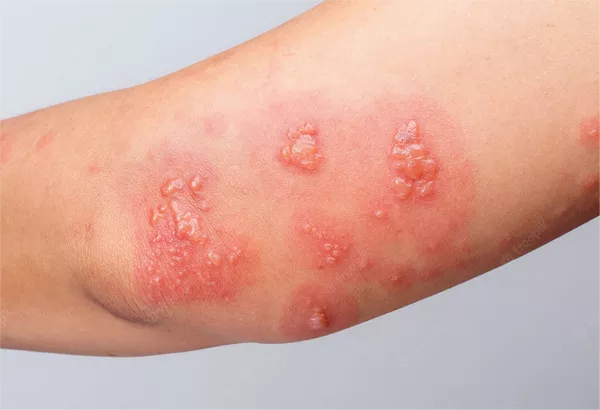Scalp psoriasis is a chronic autoimmune condition characterized by the rapid growth of skin cells, resulting in red, scaly patches on the scalp. This condition can be distressing not only due to its physical symptoms but also because of its impact on an individual’s self-esteem and quality of life. Fortunately, advancements in medical science have led to the development of biologic medications, which offer a targeted approach to managing scalp psoriasis with potentially fewer side effects than traditional systemic medications.
Overview of Scalp Psoriasis and Biologics
Scalp psoriasis affects approximately 50% of individuals with psoriasis, making it one of the most common manifestations of the disease. It can cause itching, discomfort, and embarrassment due to the visible nature of the symptoms. Scalp psoriasis can also extend beyond the hairline onto the forehead, neck, and ears, further exacerbating the impact on daily life.
Biologics represent a significant advancement in the treatment of scalp psoriasis. Unlike traditional systemic medications such as methotrexate or cyclosporine, which broadly suppress the immune system, biologics target specific molecules involved in the inflammatory process of psoriasis. By doing so, they offer the potential for more targeted therapy with fewer systemic side effects.
Available Biologics for Scalp Psoriasis
Several biologic medications have received FDA approval for the treatment of scalp psoriasis. These include:
1. Adalimumab (Humira): Adalimumab is a tumor necrosis factor-alpha (TNF-α) inhibitor that blocks the action of TNF-α, a cytokine involved in the inflammatory response in psoriasis.
2. Etanercept (Enbrel): Etanercept works similarly to adalimumab by targeting TNF-α to reduce inflammation and skin cell proliferation.
3. Infliximab (Remicade): Infliximab is another TNF-α inhibitor that is administered intravenously and has shown efficacy in treating moderate to severe scalp psoriasis.
4. Ustekinumab (Stelara): Ustekinumab targets interleukin-12 (IL-12) and interleukin-23 (IL-23), which are proteins involved in the immune system’s response. By blocking these proteins, ustekinumab helps to reduce inflammation and control psoriasis symptoms.
5. Ixekizumab (Taltz): Ixekizumab specifically targets interleukin-17A (IL-17A), a cytokine involved in the inflammatory pathways of psoriasis.
Safety and Side Effects
While biologics offer targeted therapy for scalp psoriasis, they are not without potential side effects. Common side effects associated with biologic medications include injection site reactions, upper respiratory tract infections, and headaches. In some cases, more serious side effects such as increased risk of infections, liver toxicity, or allergic reactions may occur.
It is essential for individuals considering biologic therapy to discuss their medical history, current medications, and individual risk factors with a healthcare professional. This will help to determine the most suitable treatment option and minimize the risk of adverse effects.
Individualized Treatment Considerations
The “best” biologic for scalp psoriasis varies from person to person and depends on several factors, including the severity of the condition, previous treatment history, comorbidities, and patient preferences. Dermatologists take these factors into account when recommending a specific biologic medication.
For example, individuals with a history of tuberculosis may not be suitable candidates for TNF-α inhibitors due to the risk of reactivation. Similarly, patients with certain autoimmune conditions may benefit more from medications targeting specific cytokines involved in their disease pathways.
Treatment Process and Expectations
Biologics for scalp psoriasis are typically administered via subcutaneous injections or intravenous infusions. The frequency of administration varies depending on the specific medication and the individual’s response to treatment. Some biologics require loading doses followed by maintenance doses, while others are administered at regular intervals.
Patients can expect to see improvements in their scalp psoriasis symptoms within a few weeks to months of starting biologic therapy. However, individual responses may vary, and some individuals may require adjustments to their treatment regimen or combination therapy with other psoriasis medications to achieve optimal outcomes.
Regular monitoring by a healthcare professional is essential to assess treatment response, monitor for potential side effects, and make any necessary adjustments to the treatment plan. Follow-up appointments may include physical examinations, blood tests, and discussions about treatment goals and expectations.
Conclusion
In conclusion, biologic medications represent a significant advancement in the treatment of scalp psoriasis, offering targeted therapy with the potential for improved efficacy and fewer systemic side effects compared to traditional systemic medications. However, the choice of the best biologic for an individual with scalp psoriasis requires careful consideration of various factors, and consultation with a dermatologist is essential to develop a personalized treatment plan that addresses the patient’s specific needs and preferences.























